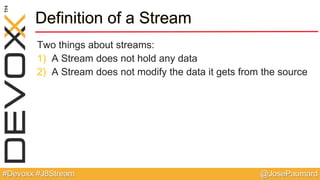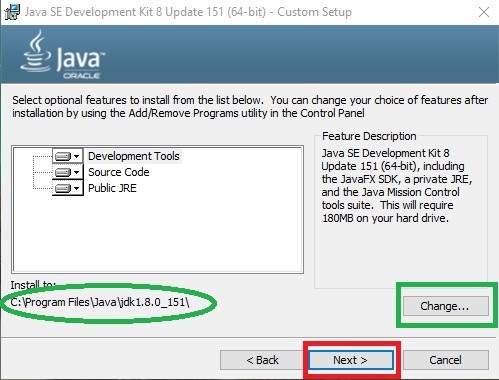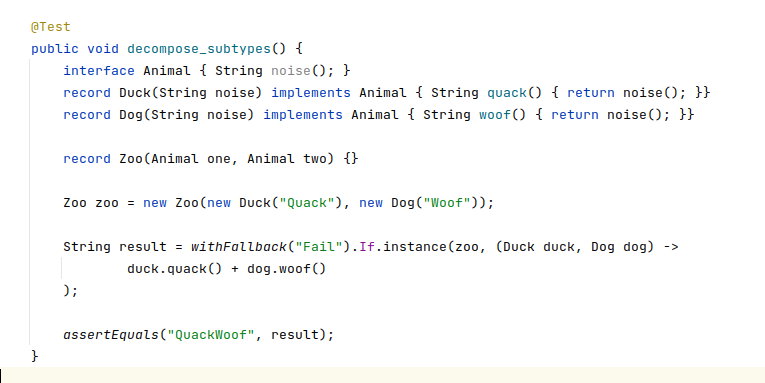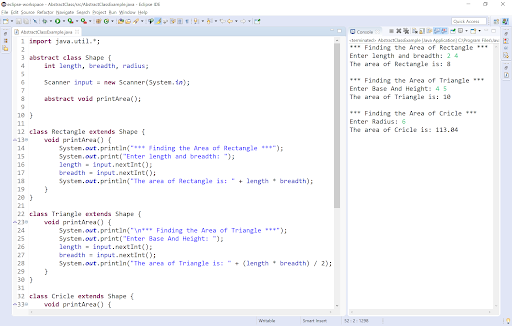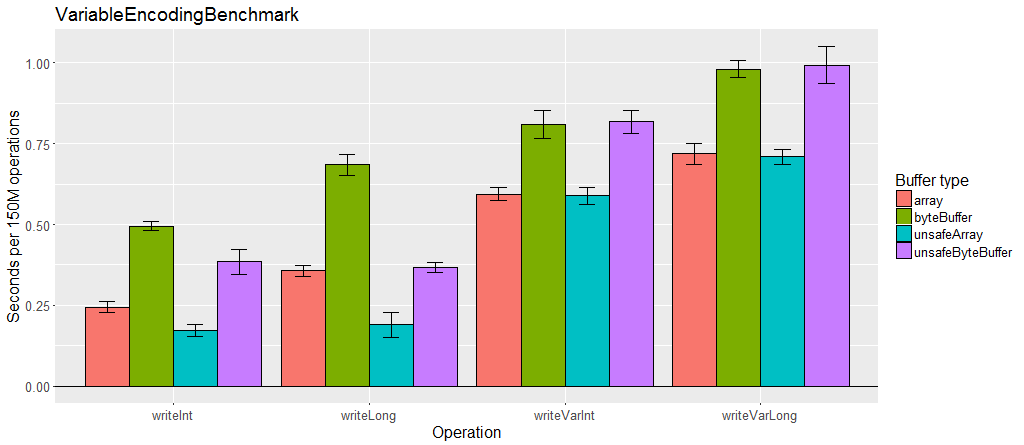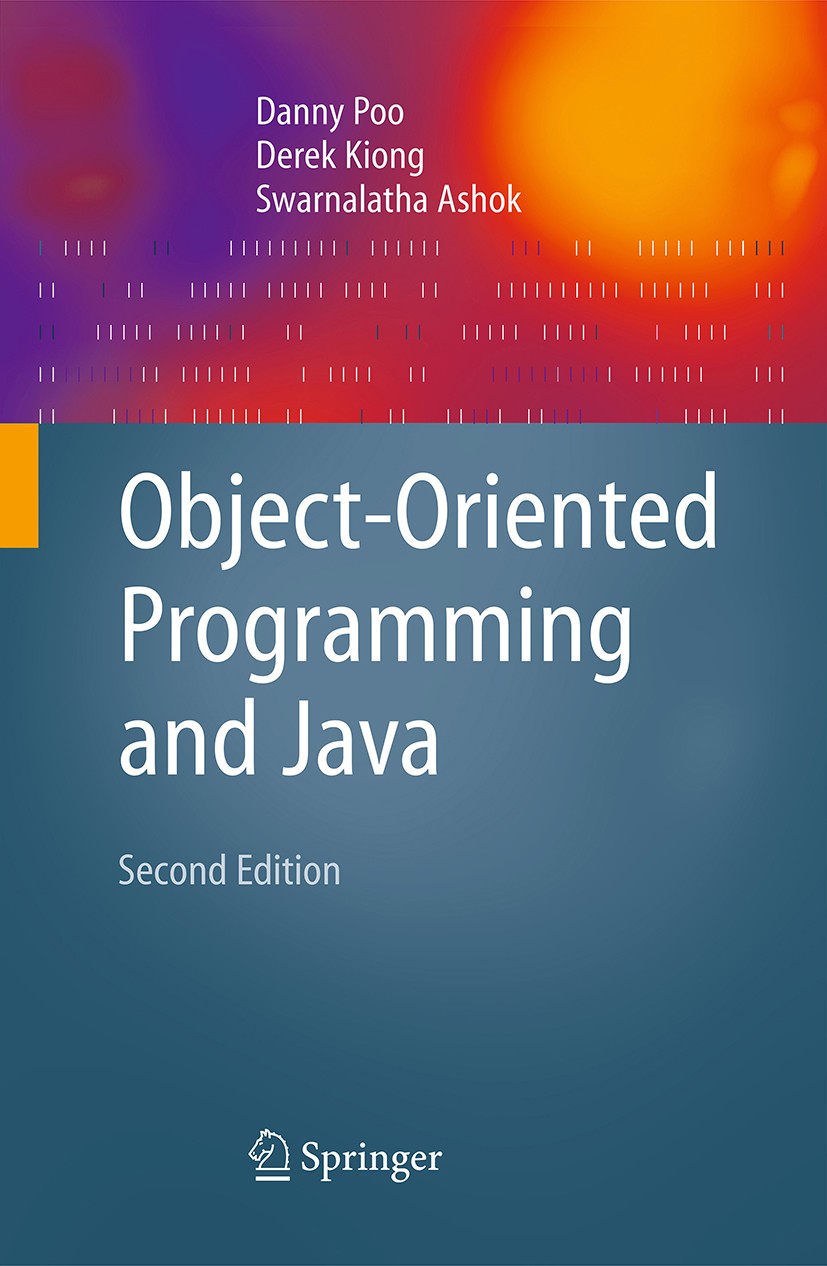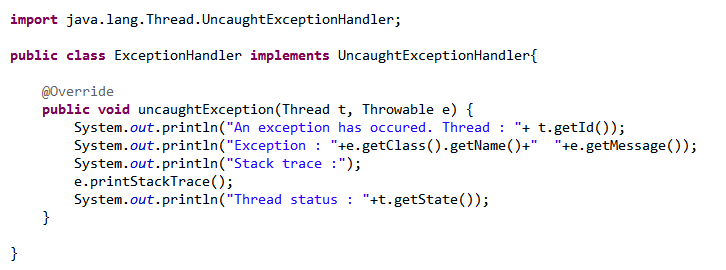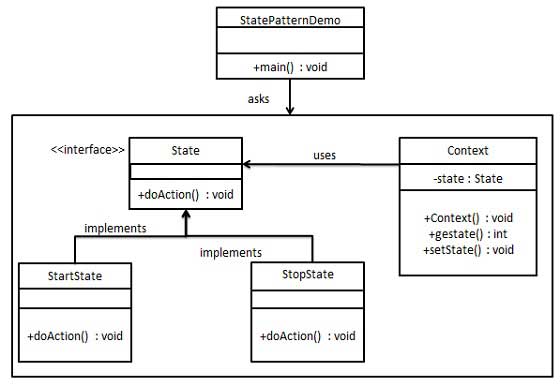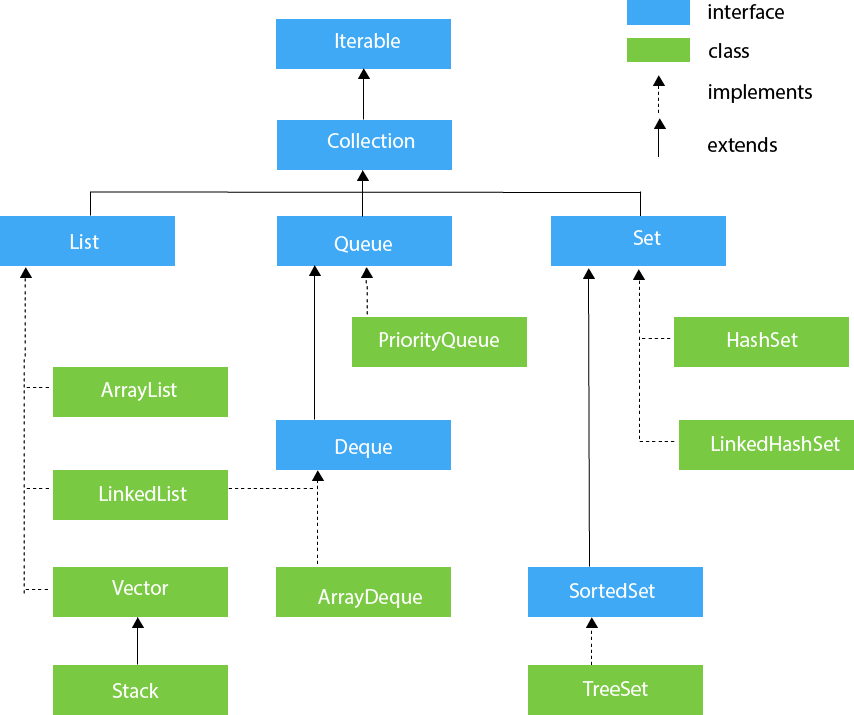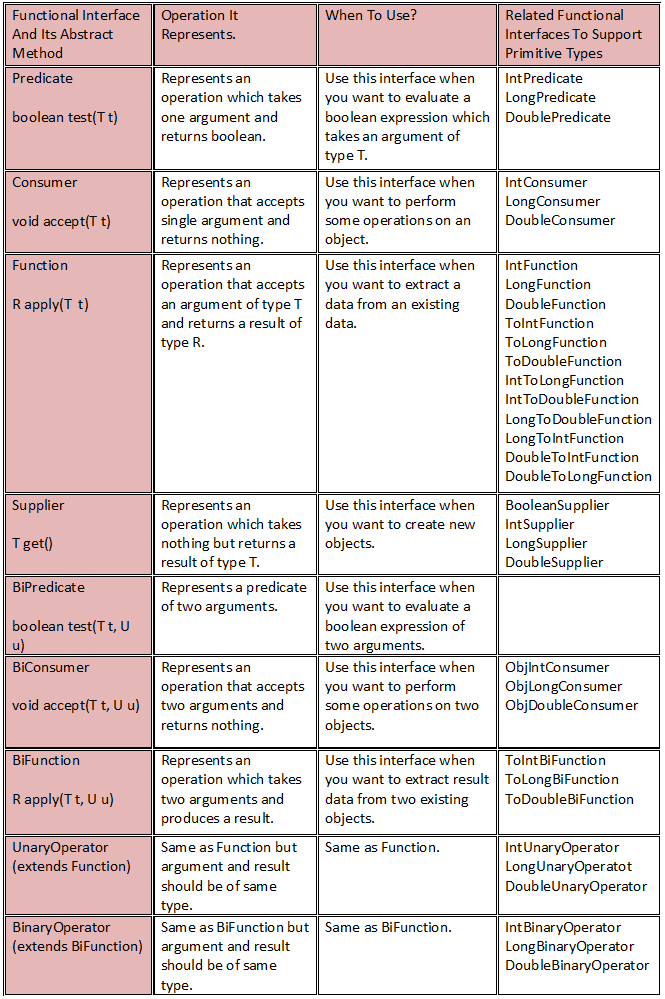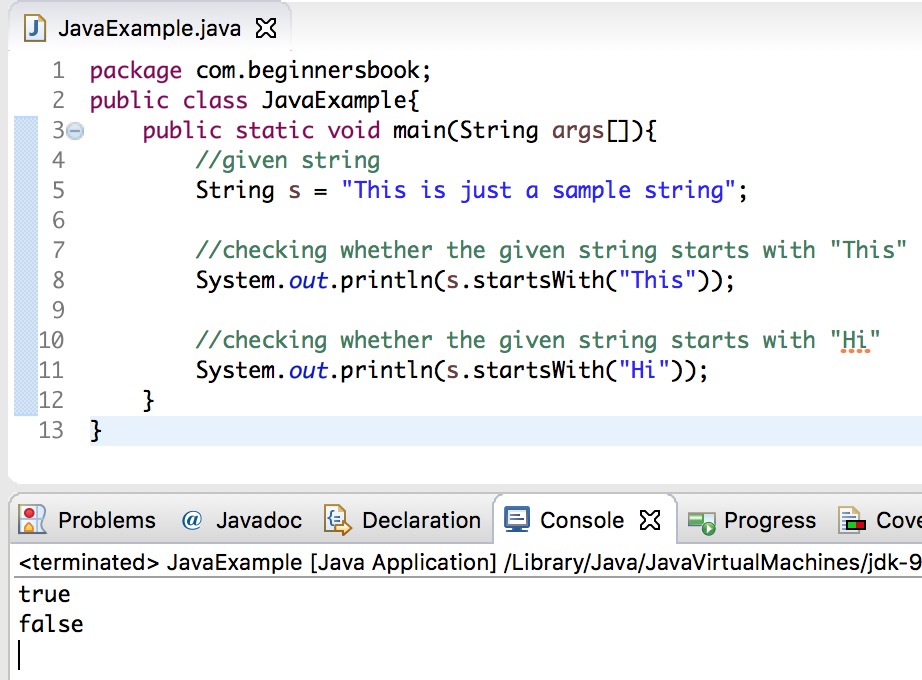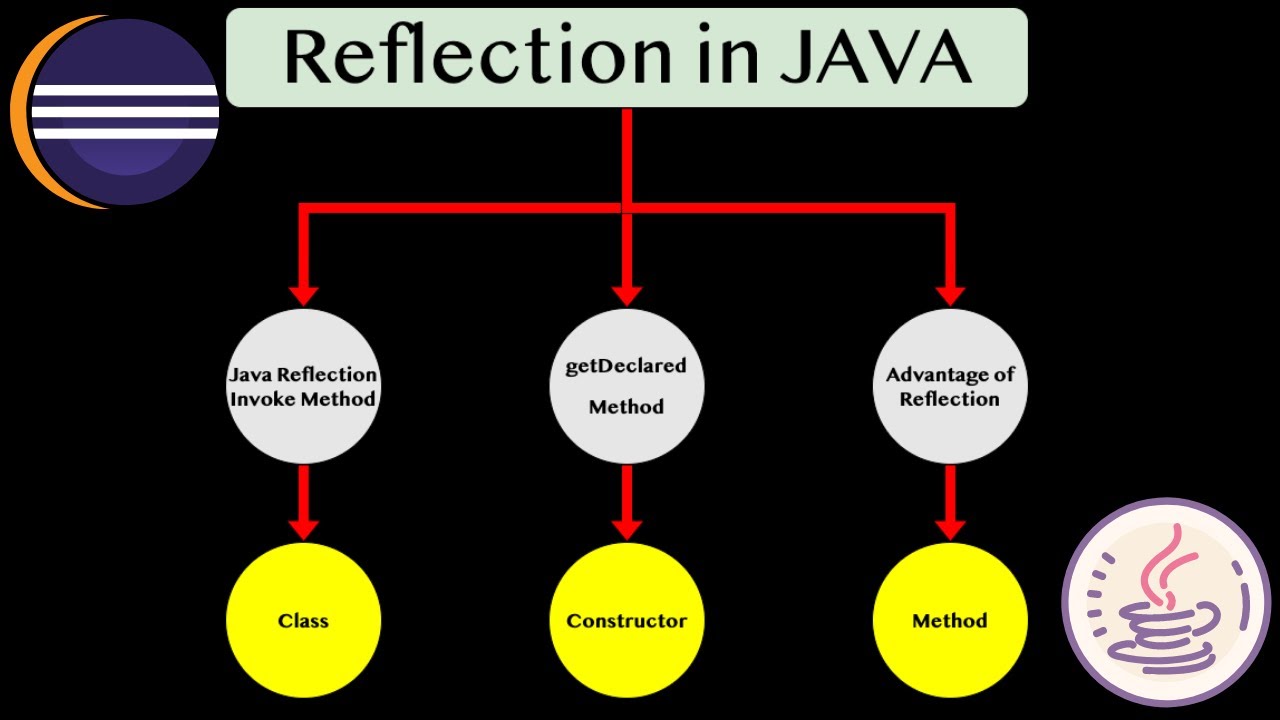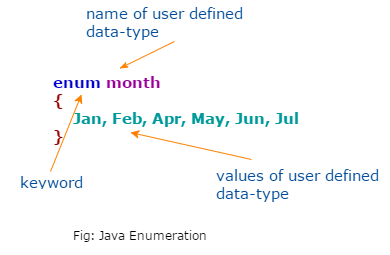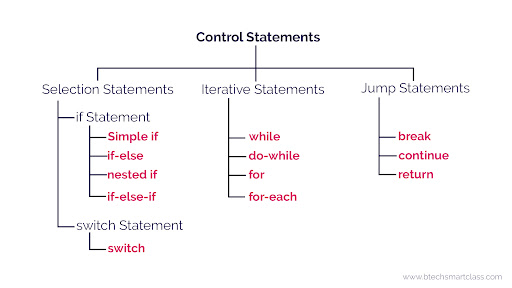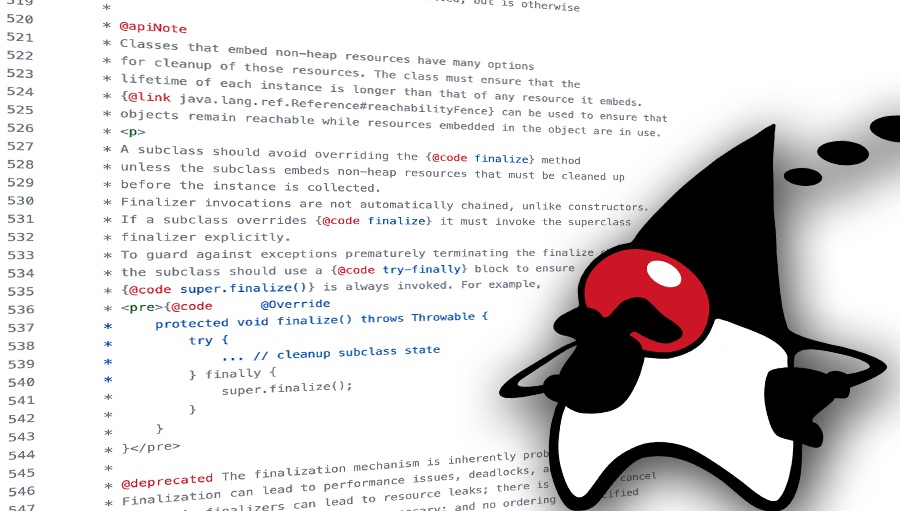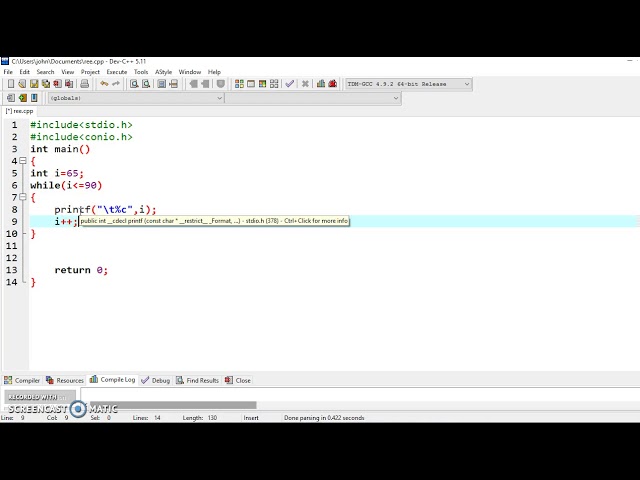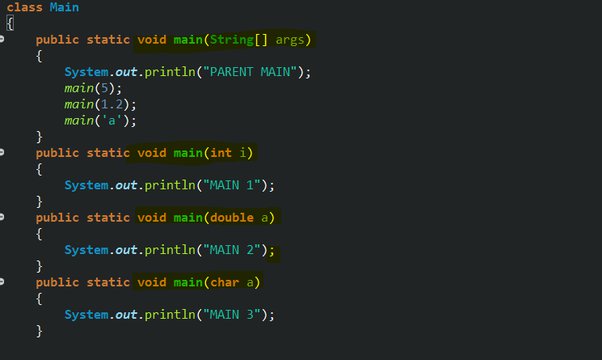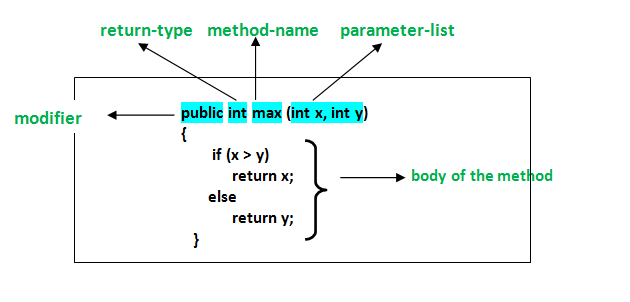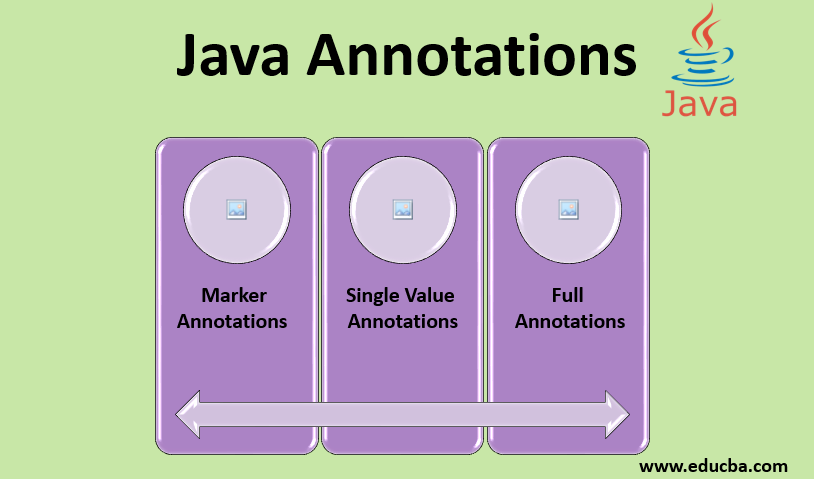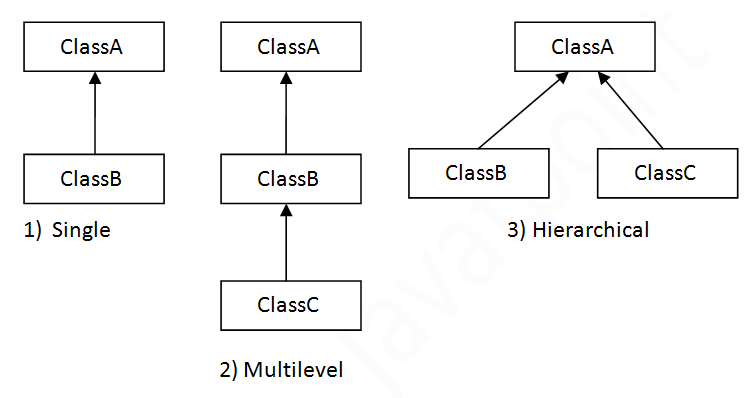Java thread pool types
Java thread pool types
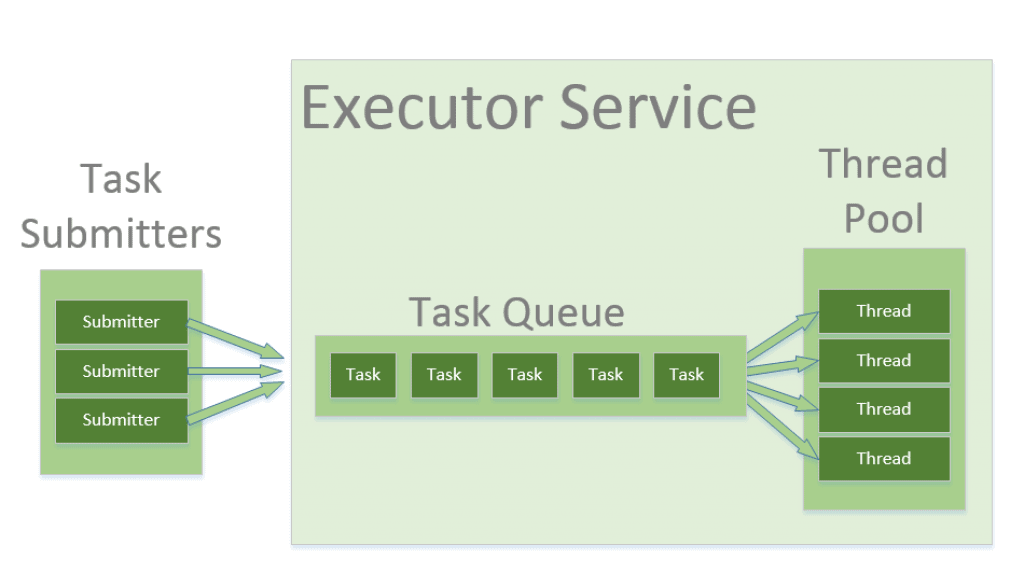
Here is an explanation of the different types of thread pools in Java:
Java provides several types of thread pools that allow you to manage threads efficiently and effectively. The choice of thread pool type depends on your application's specific requirements, such as concurrency level, scalability, and performance considerations.
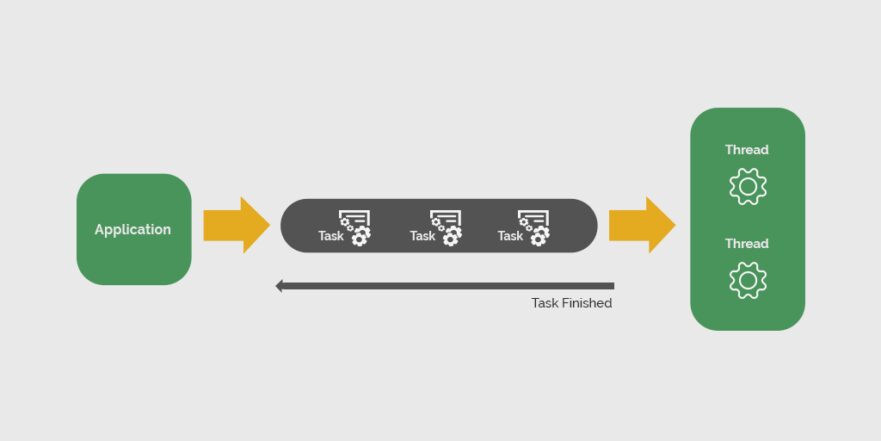
1. Executors Framework:
The Executor framework is a high-level abstraction for managing threads. It allows you to execute tasks concurrently without worrying about the underlying thread management details. The most commonly used executors are:
Executors.newFixedThreadPool(int): This creates a fixed-size thread pool. The pool size remains constant, and excess tasks are queued. Executors.newCachedThreadPool(): This creates a cached thread pool. Threads are created as needed and terminated when idle for a certain amount of time.2. ScheduledExecutorService:
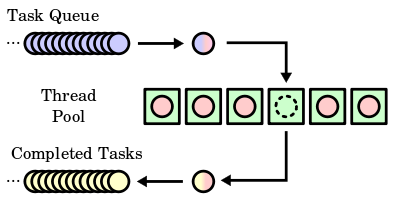
ScheduledExecutorService is an extension of Executor that allows you to schedule tasks to run at specific times or after a delay. This type is useful for scheduling periodic tasks, such as data processing or reporting.
ScheduledThreadPoolExecutor(int): This creates a scheduled thread pool executor with a fixed-size thread pool.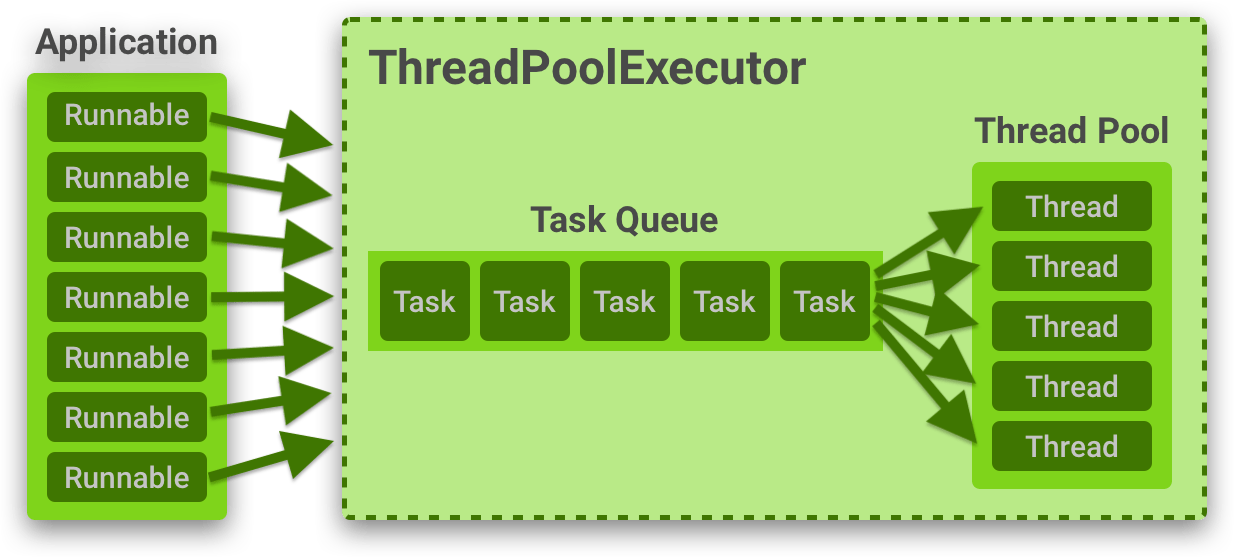
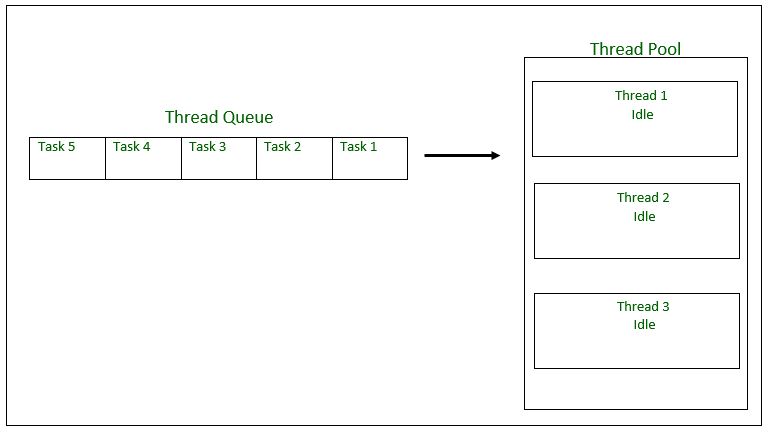
3. ForkJoinPool:
ForkJoinPool is designed for parallel computations that can be divided into smaller sub-tasks. It provides more control over task submission and execution than traditional thread pools.
newWorkStealingPool(int): This creates a work-stealing pool with multiple threads, suitable for large-scale data processing or scientific computing.4. ThreadPoolExecutor:
ThreadPoolExecutor is the underlying implementation of most executor services in Java. It provides more low-level control over thread management and execution.
newFixedThreadPool(int): Creates a fixed-size thread pool. newCachedThreadPool(): Creates a cached thread pool with dynamically created threads.When choosing a thread pool type, consider factors such as:
Concurrency level: How many tasks do you need to execute concurrently? Scalability: Can your application scale horizontally or vertically? Performance: Are there specific performance requirements for task execution?By selecting the right thread pool type, you can effectively manage threads and improve the overall performance, scalability, and reliability of your Java application.
java thread pool executor example
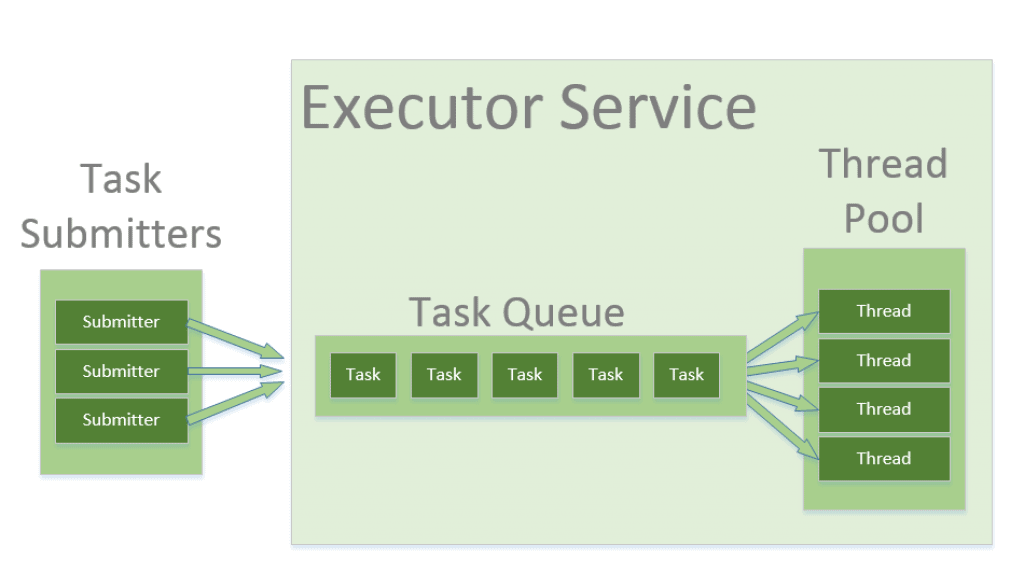
Here is an example of using Java's Executor framework to manage threads:
import java.util.concurrent.ExecutorService;import java.util.concurrent.Executors;
public class ThreadPoolExample {
public static void main(String[] args) throws InterruptedException {
// Create a thread pool executor with 5 threads.
ExecutorService executor = Executors.newFixedThreadPool(5);
for (int i = 0; i < 10; i++) {
// Submit tasks to the executor, which will be executed by the worker threads
executor.submit(new MyTask(i));
}
// Shut down the executor when we're done.
executor.shutdown();
// Let's wait until all tasks are completed before exiting.
while (!executor.isTerminated()) {
Thread.sleep(1000);
}
}
}
class MyTask implements Runnable {
private final int number;
public MyTask(int number) {
this.number = number;
}
@Override
public void run() {
System.out.println("Running task " + number);
// Simulate some work.
try {
Thread.sleep(1000);
} catch (InterruptedException e) {
Thread.currentThread().interrupt();
}
System.out.println("Task " + number + " completed.");
}
}
In this example, we create a thread pool executor with 5 threads using the Executors.newFixedThreadPool(5) method. We then submit 10 tasks to the executor using the executor.submit(new MyTask(i)) method.
Each task is represented by an instance of the MyTask class, which implements the Runnable interface. The run() method within each task simulates some work by sleeping for 1 second.
The executor manages the threads that execute these tasks. When a task is submitted, it is added to a queue and executed by one of the available worker threads. If all worker threads are busy, new tasks will be queued until a thread becomes available.
Once all tasks have been submitted, we shut down the executor using the executor.shutdown() method. We then wait until all tasks are completed before exiting by repeatedly checking if the executor has terminated using the isTerminated() method and sleeping for 1 second between checks.
The output of this program will be:
Running task 0
Running task 2
Running task 4
Task 0 completed.
Running task 1
Running task 3
Task 1 completed.
Running task 5
Task 2 completed.
Running task 6
Task 3 completed.
Task 4 completed.
Running task 7
Running task 8
Running task 9
Task 5 completed.
Task 6 completed.
Task 7 completed.
Task 8 completed.
Task 9 completed.
This output shows that the tasks are executed in batches of 5, as there are only 5 worker threads available. The exact order of execution may vary depending on the specific JVM and system configuration.
The Executor framework is a powerful tool for managing threads in Java. It provides a high-level API for managing pools of threads, which can greatly simplify the process of writing concurrent programs.
